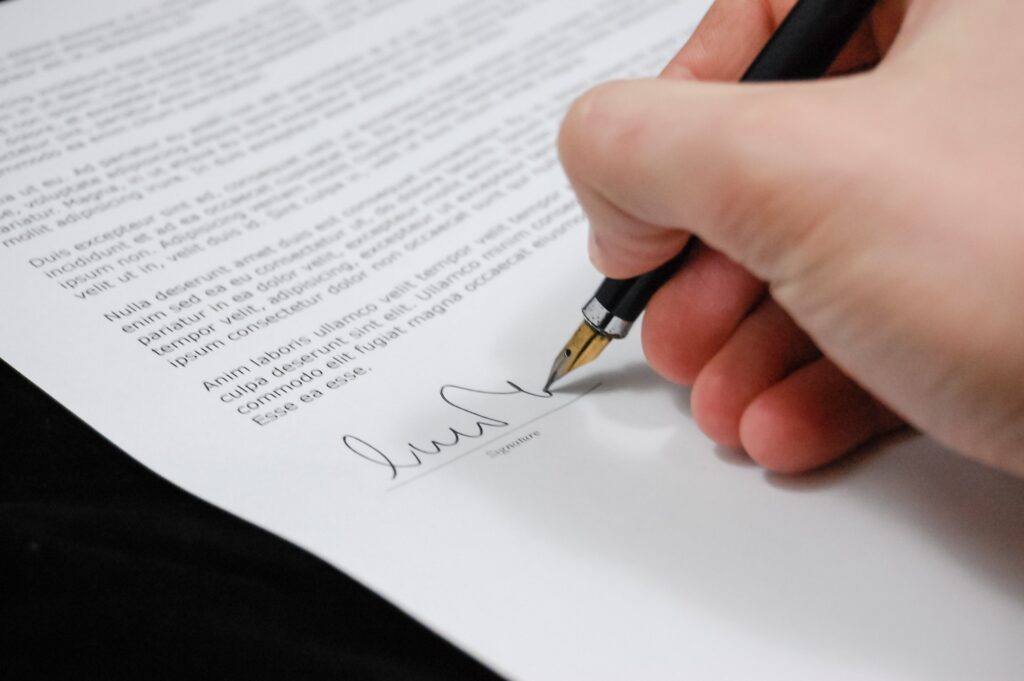What is Legal Arraignment? If the police have arrested you, you have the constitutional right to know the charges against you. Typically, the prosecution will present these charges before the judge in your initial appearance in court. While it is the defendant’s first opportunity to appear in court, and he cannot win or lose the case on this occasion, he should not assume the arraignment as a mere formality.

What Is a Legal Arraignment and What Can You Expect There?
The Need for The Arraignment
The law provides for the arraignment to satisfy the rights of the defendant to know of the charges against him. According to Nolo, the police cannot hold someone in custody indefinitely without judicial oversight. Typically, the arraignment happens early to prevent the accused from seeking release from custody on the grounds the police have no charges against him.
The law gives the defendant to right to hear the charges the police intend to bring against him in open court. The defendant can have the charges read aloud to him if he so desires. He should understand that these charges are preliminary, and the police reserve the right to add new ones as they gain more information during their investigations. The defendant cannot ask for the dismissal of any fresh charges because of their non-inclusion at the arraignment.

Entering the Plea
After the prosecution has informed the defendant of the charges they intend to bring on him, the defendant can enter his plea. According to Connecticut Bail Bonds Group, typically, lawyers advise defendants to enter a plea of not guilty regardless of the evidence against them. If the defendant pleads guilty, the judge can sentence him immediately, and the defendant will not have the opportunity of negotiating his sentence with the prosecutor.
Pleading not guilty allows the defendant to proceed to the next step with a respected defense lawyer by their side, which is typically the preliminary hearing. A not-guilty plea forces the prosecution to collect and present sufficient evidence to establish guilt beyond a reasonable doubt.
Grant or Denial of Bail
One of the most important things to happen at an arraignment is the defendant may apply for the grant of bail to secure his release from jail custody pending his trial. The judge has absolute discretion in granting the bail, setting the bail amount, and imposing terms and conditions.
Typically, the judge will consider factors like the nature and severity of the alleged crime, the defendant’s criminal record, his resources and probability of fleeing, the danger he can pose to the community, and his family ties to the area as per Chiang Rai Times.

Conclusion
The legal arraignment process is a crucial step in the criminal justice system. During this process, the defendant has the opportunity to enter a plea and the judge informs them of their rights and the charges against them. Additionally, the defendant may request bail during the arraignment.
Typically, the judge will set the bail amount based on the severity of the crime and the defendant’s criminal history. Bail serves as an incentive for the defendant to appear for trial, and if the charges are less serious and the defendant has good social standing in the community, the judge may permit the defendant to leave custody on their own recognizance.
However, if there is any danger to others or the community, the judge may deny bail altogether.
Moreover, the judge may impose terms and conditions on the defendant’s release, such as restrictions on leaving the court’s jurisdiction without permission, abstaining from misbehavior or any criminal activity, and other conditions depending on the nature of the crime.
In conclusion, having a proper understanding of the legal arraignment process is crucial for any defendant. By being aware of the process, they can prepare themselves mentally and emotionally for the legal proceedings ahead. It is also essential to have proper legal representation to guide them through the arraignment process as it can have a significant impact on the outcome of the case.
Overall, the legal arraignment process serves as a critical step in ensuring justice is served and protecting the rights of all parties involved in a criminal case.
